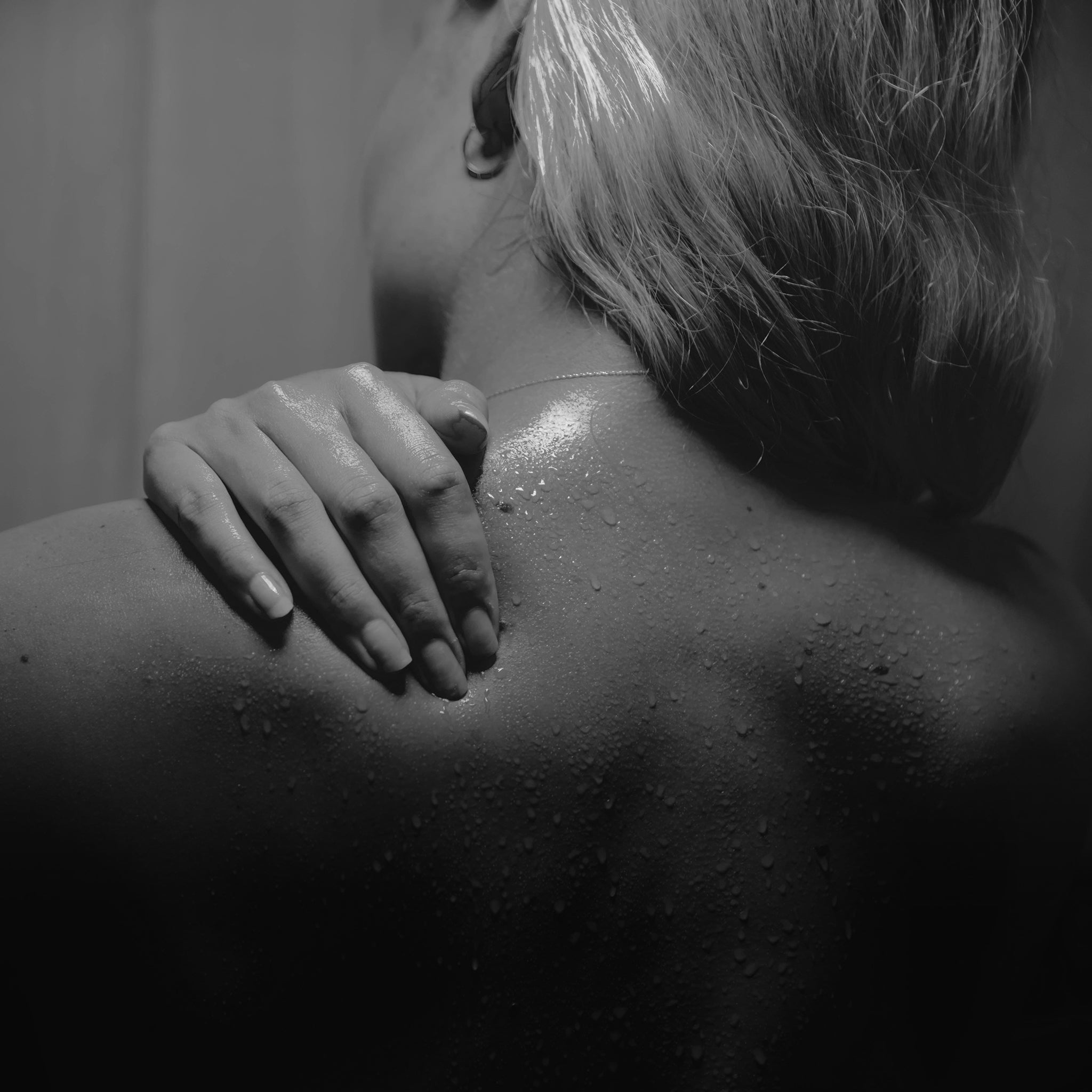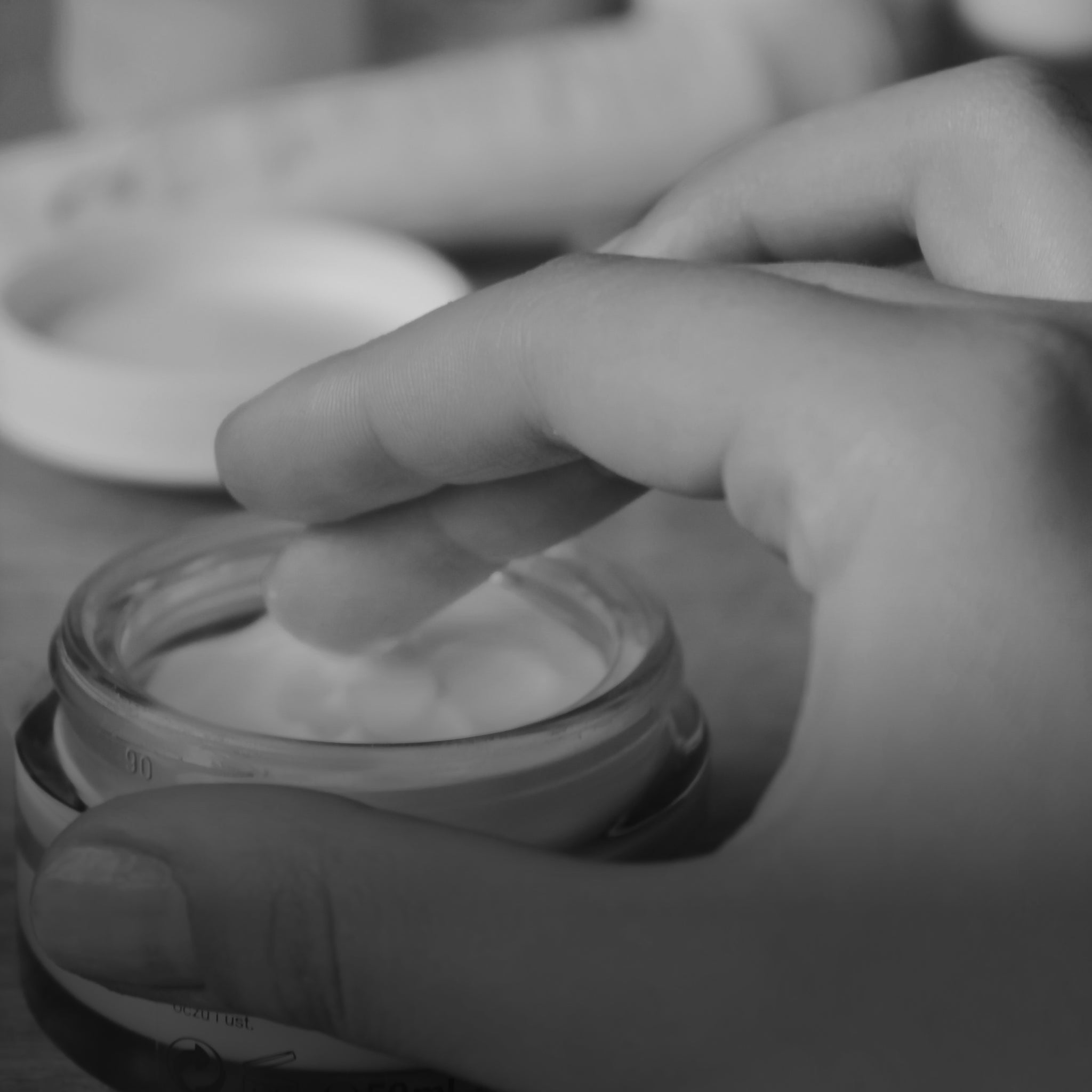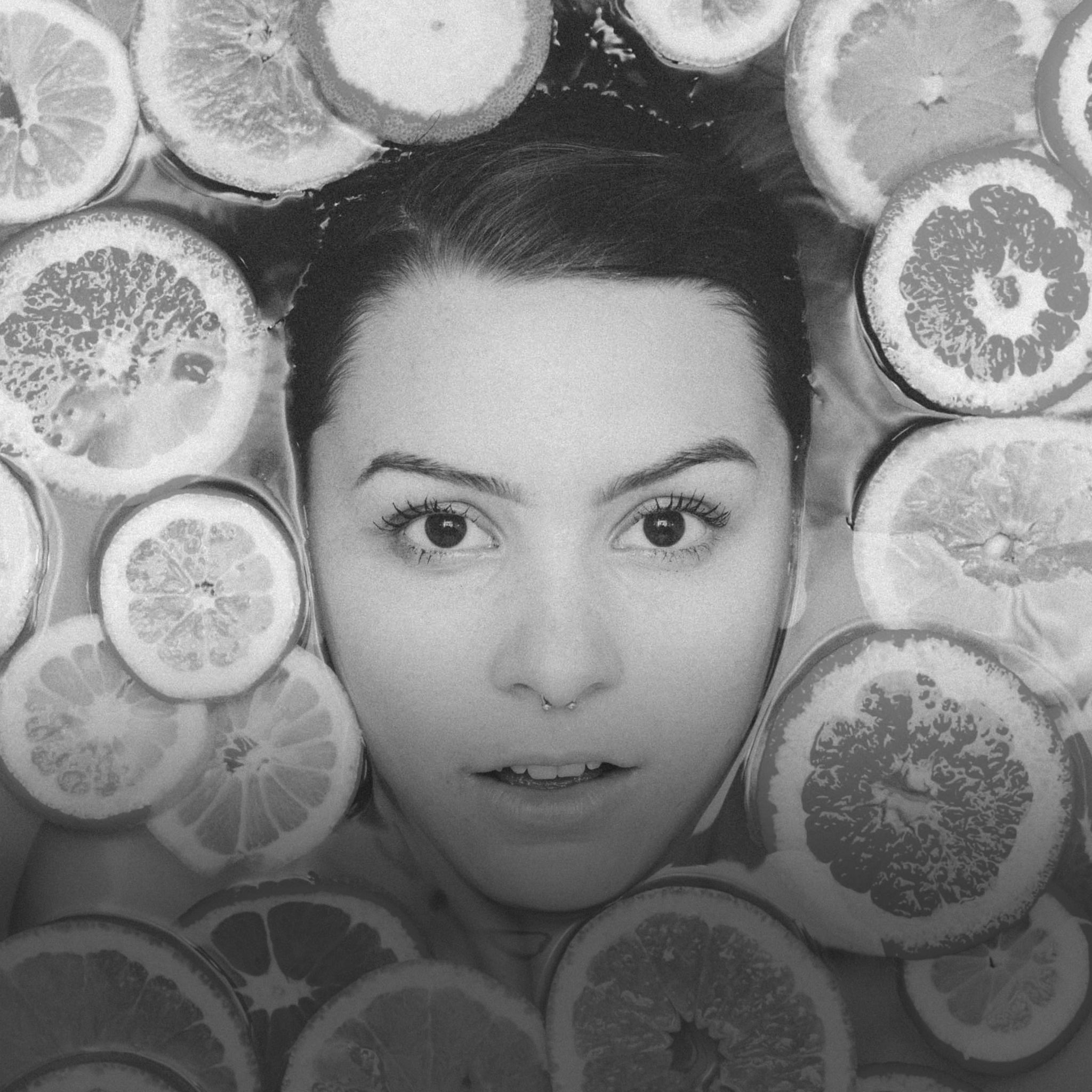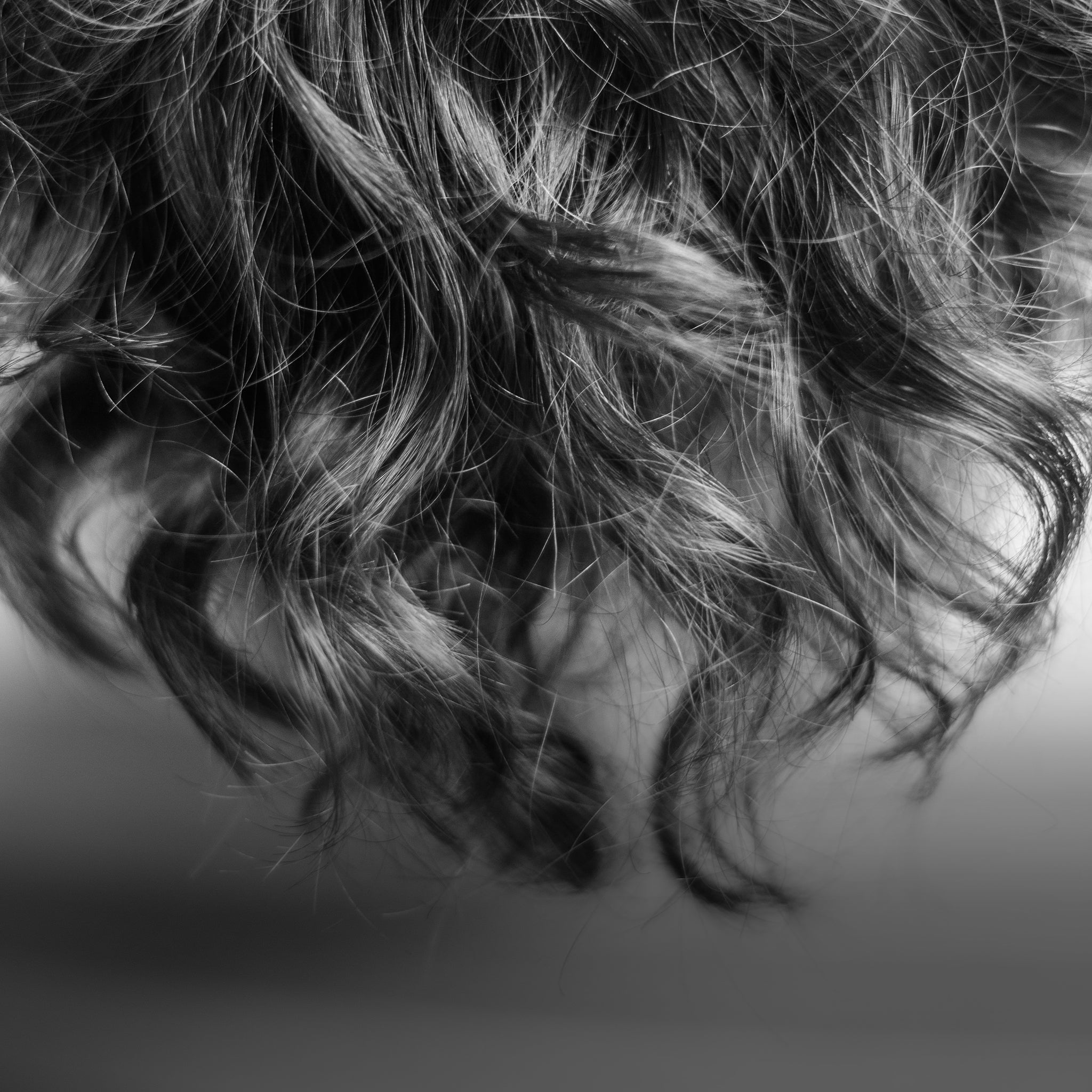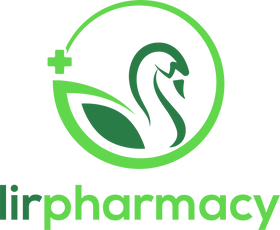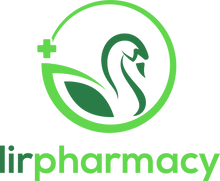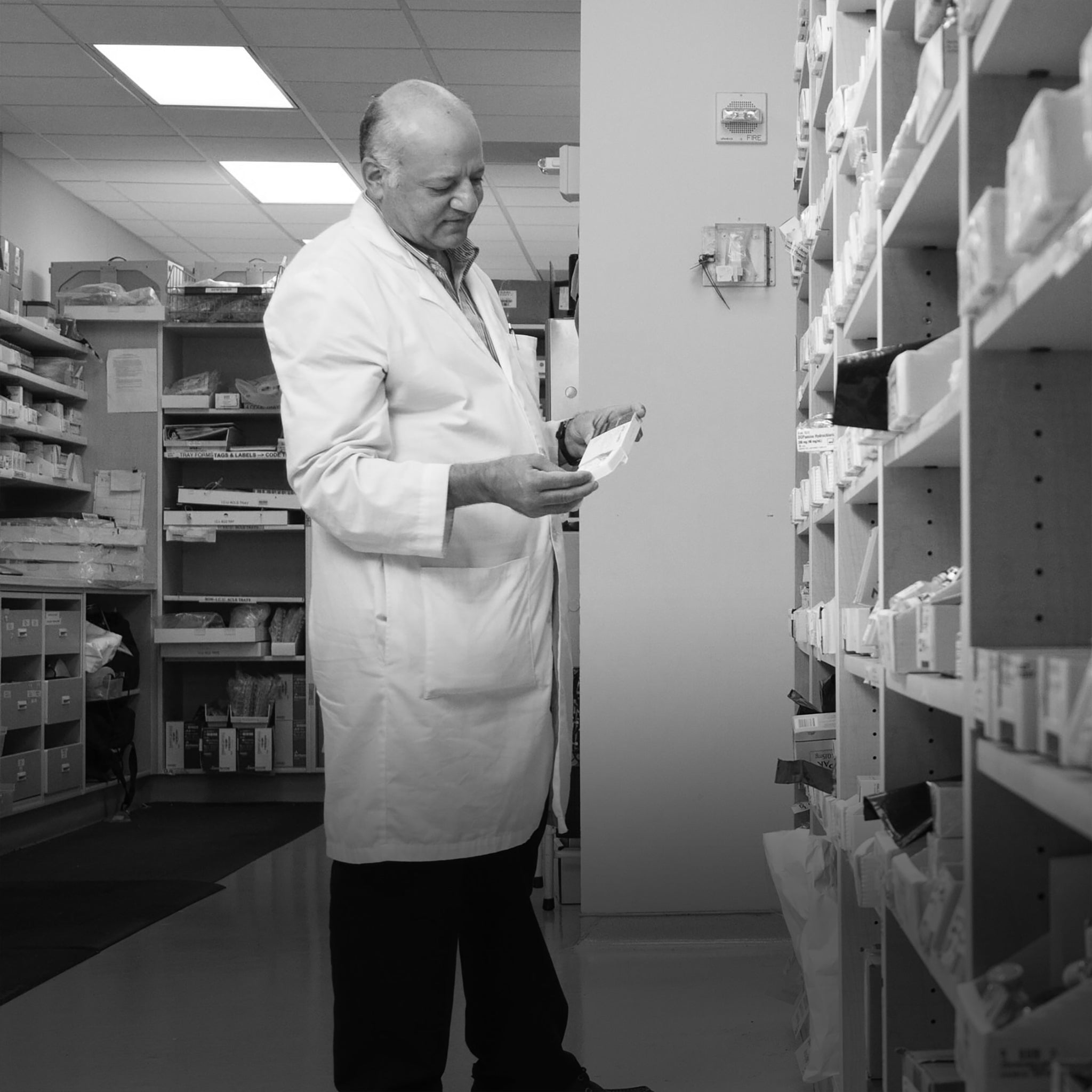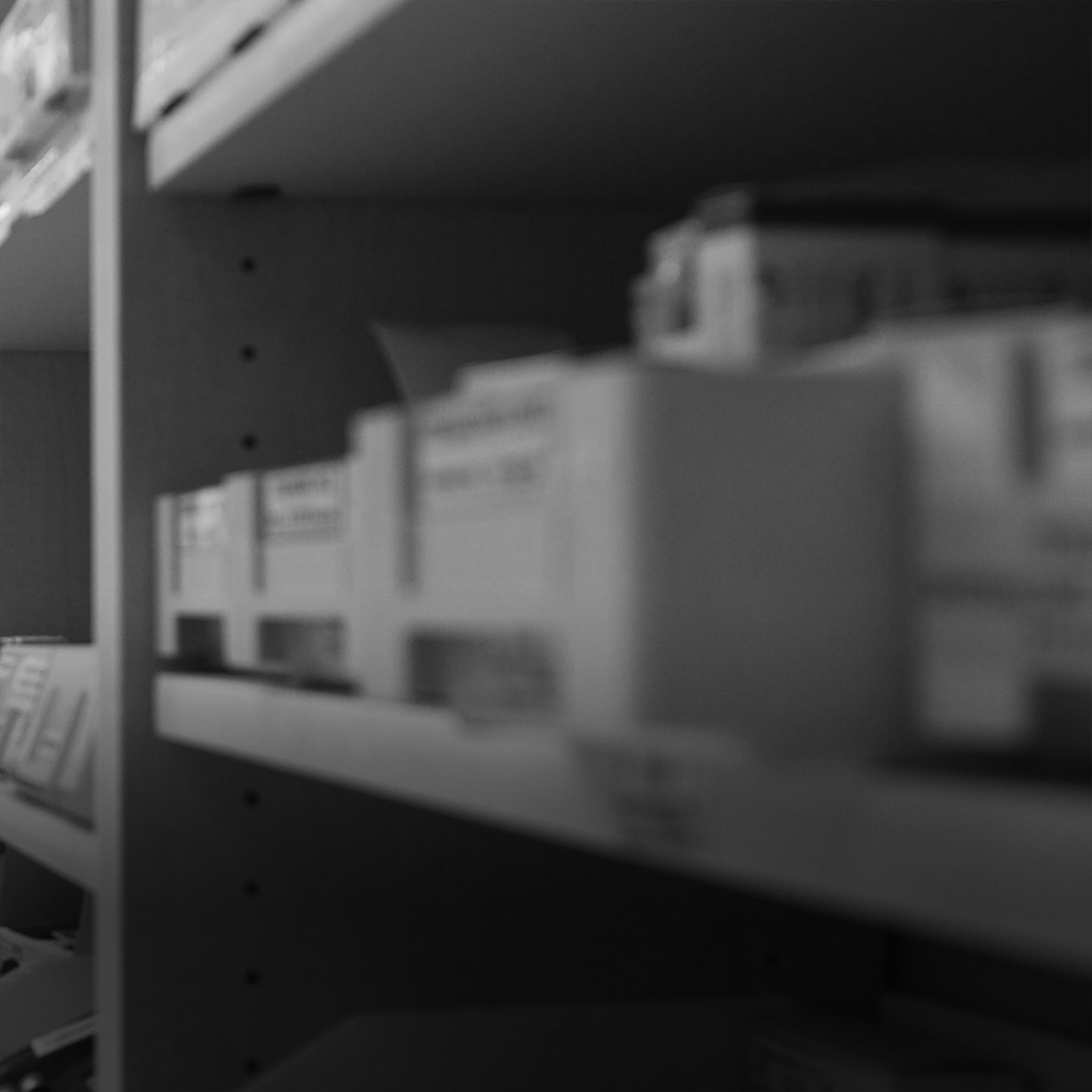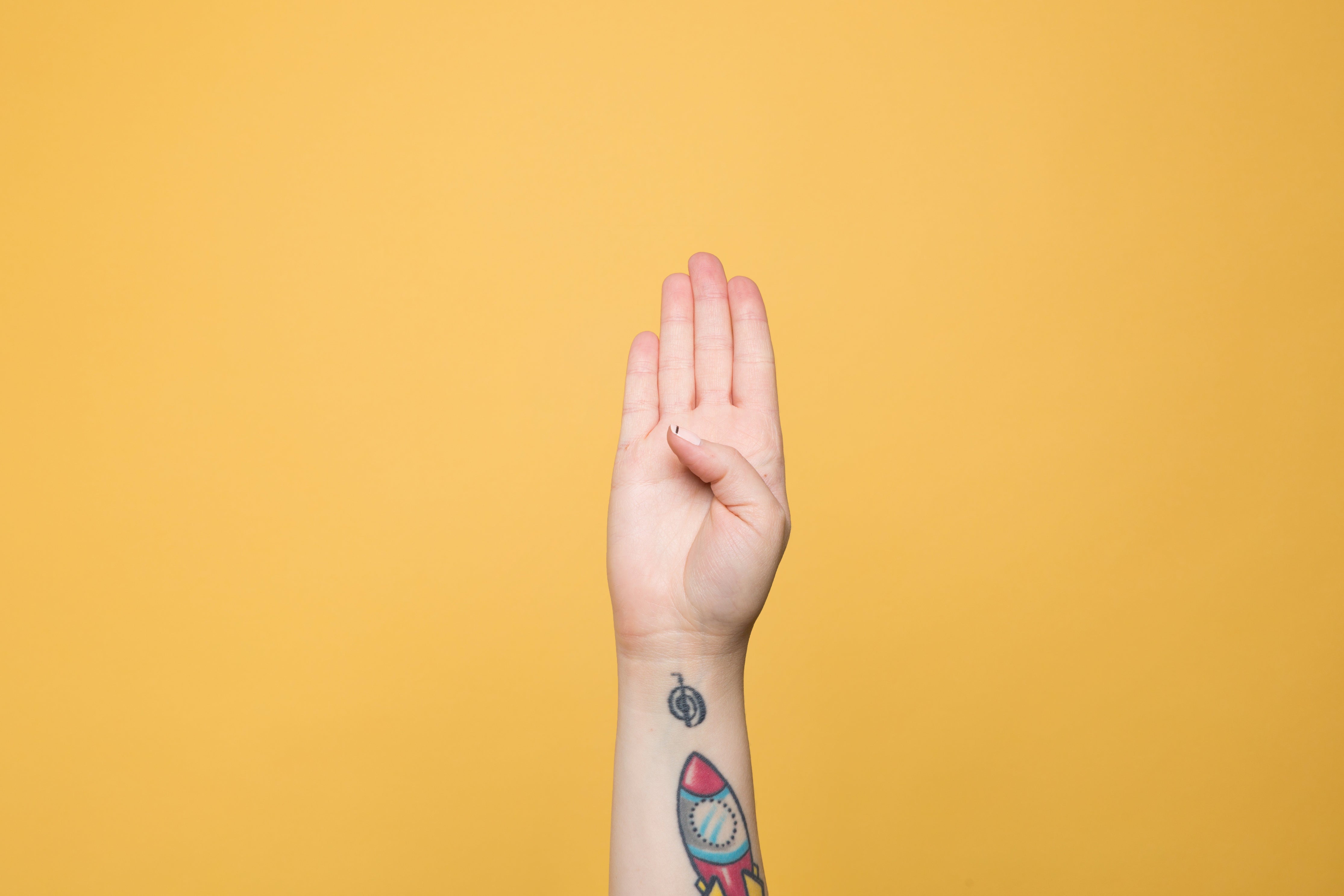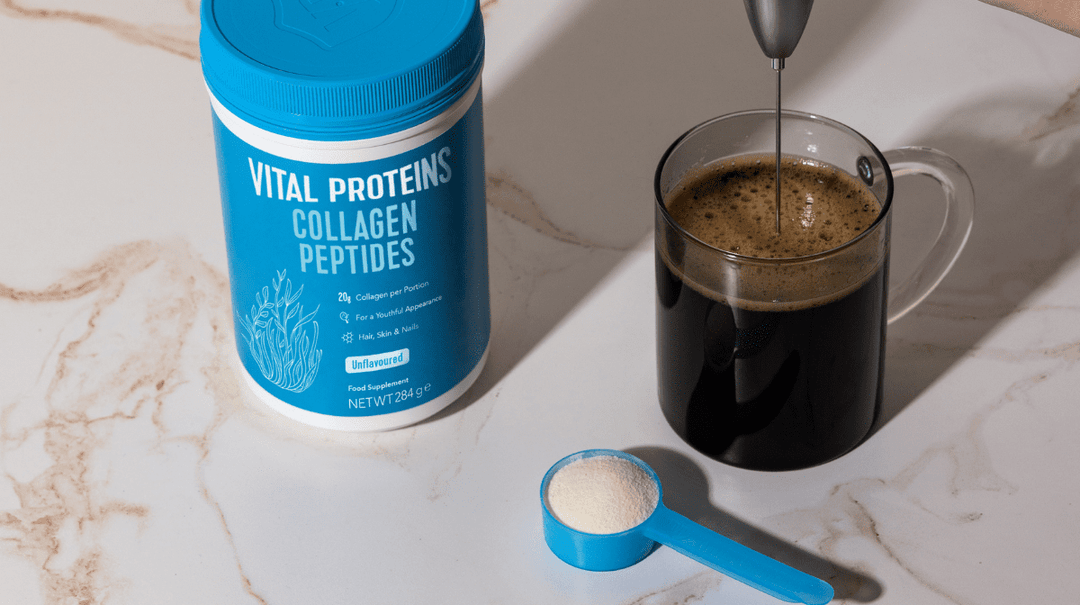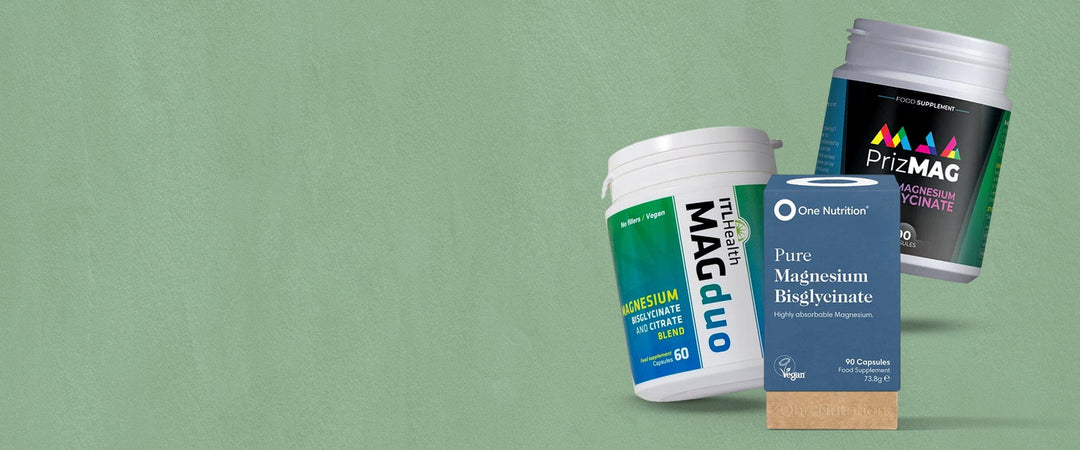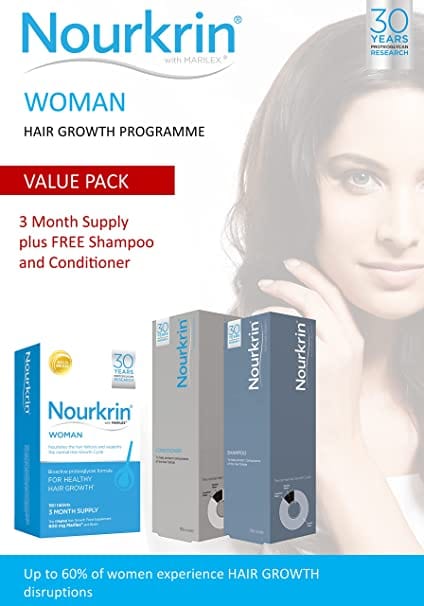Dry Eyes
The causes of dry eye are various. If you have symptoms on the ocular surface, it is essential to consult an ophthalmologist who is the only person who can make the diagnosis by using specific tests and who will prescribe the best treatment. If you use eye drops for other eye diseases, your doctor will ensure that they contain no products that can worsen dry eye, such as preservatives.
Dry eye treatment is based on eyelid hygiene and eye drops to lubricate and moisturize the ocular surface. Research is active in this field and new effective products are available. In particular, THEALOZ DUO (medical device) contains hyaluronic acid, a lubricant and trehalose, a naturally moisturizing and protective molecule.
A few simple reflexes should be adopted:
- Avoid air-conditioned, polluted or dusty places or airstreams that will dry and irritate your eyes.
- Follow the advice of your ophthalmologist, who, based on the intensity of your pathology, will prescribe preservative-free eye drops designed to lubricate, moisturize and protect the surface of the eye. These can be more or less viscous fluid with varied instillation frequency.
- Carry out daily eyelid hygiene: in order to keep the Meibomian glands in the eyelids which produce the lipids of the tear film functioning correctly, it is important to clean and massage eyelids once a day with a suitable product. This can be done with some gauze moistened with water warm or with impregnated eye wipes specifically suitable for the daily cleaning of your eyelids (BLEPHACLEAN®, medical device).
- Humidify the air in your environment, keep the temperature relatively cool, avoid all kinds of smoke (chimney fires, candles, tobacco...)
- Outside, protect your eyes from wind, the sun and dust with tinted wraparound glasses
- Don’t spend too much time looking at screens and rest your eyes by looking up for 5 minutes every half hour.
- Drink enough water, so you do not feel dehydrated (1-1.5 l per day) and have a varied diet containing dried fruits (walnuts, hazelnuts...) and fatty fish (salmon, tuna, mackerel, sardines, anchovies...) for sufficient omega-3 promoting good tear quality.
It all depends on the degree of dry eye disease: if inflammation is very intense with on-going and bothersome symptoms, contact lenses may be contraindicated and you won’t be able to tolerate them. In the case of moderate dry eye, you can try to wear lenses under close medical surveillance. It may be necessary to change the model of lens until you find one that is well tolerated. Finally, wearing lenses may be limited to a few hours per day, alternating with your glasses.
Makeup can be used, preferably with products for sensitive eyes that we usually find in pharmacies or drugstores, while of course simultaneously using your moisturizing eye drops. Avoid applying makeup on the edge of the eyelids in order to avoid direct contact with the surface of the eye, and only use mascara on the eyelashes and eye shadow or pencil on the skin beyond the lash line.
- Avoid powder eye shadow and use creams, which have less risk of fine dust or powder falling into the eye during application.
- Avoid overly bright, sparkling or very pearly kohl and eye shadows which are likely to contain irritating ingredients for the eyes.
- Respect the expiry dates of products and remove makeup carefully with micellar water rather than with cleansing milk.
If you cannot tolerate make-up for more than a few hours, it should be reserved for special occasions. If even a few hours with makeup aggravates your symptoms, you may unfortunately have to give it up.
